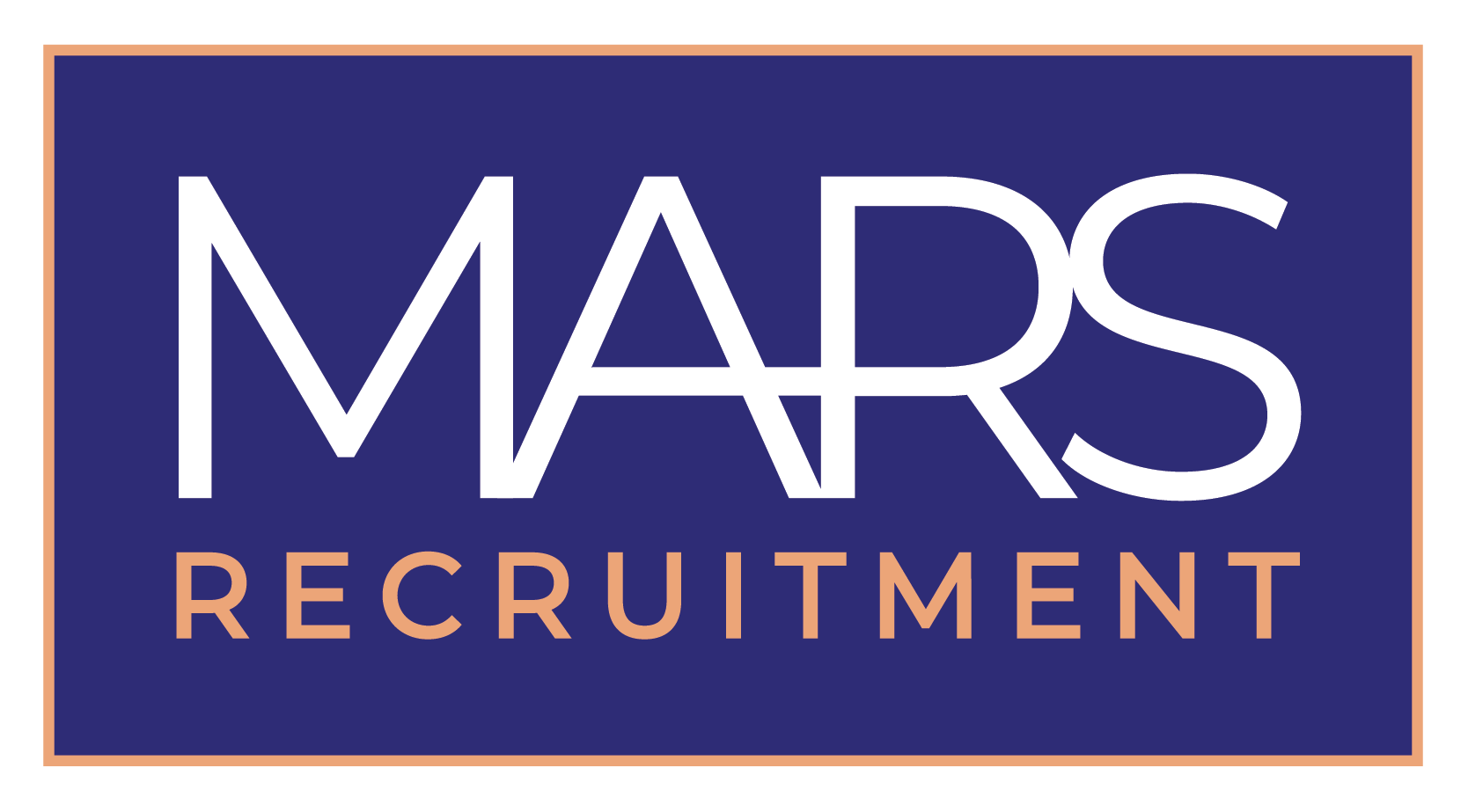In the ever-evolving world of work, knowing when to move on from your current role can be a challenge. Whether it’s dissatisfaction with your responsibilities, a lack of growth opportunities, or simply a gut feeling, the decision to leave a job is rarely straightforward. However, recognising the signs that it’s time to consider a change can help you make a more informed decision. Here are six key indicators that it might be time to start exploring new opportunities.
1. You’ve Stopped Growing Professionally
One of the most compelling reasons to seek new employment is a lack of professional growth. If you’ve been in your role for a while and find that your skills are no longer being challenged, or you’re not learning anything new, it might be time to move on. Stagnation can lead to boredom and dissatisfaction, making it difficult to stay motivated and engaged. A new role could offer fresh challenges and the opportunity to develop new skills, reigniting your passion for your career.
2. You’re Consistently Unhappy at Work
Everyone has off days, but if you’re consistently unhappy or stressed at work, it’s a clear sign that something isn’t right. Whether it’s the work environment, your relationship with colleagues or management, or the nature of the work itself, prolonged dissatisfaction can take a toll on your mental and physical health. If you find yourself dreading each workday, it might be time to consider a change.
3. There’s No Clear Path for Advancement
Career progression is an important aspect of job satisfaction. If you feel that there’s no clear path for advancement in your current role, or if you’ve been passed over for promotions multiple times, it could be a sign that it’s time to look elsewhere. A lack of upward mobility can lead to frustration and a sense of being undervalued. Finding a role with a company that offers clear career progression could be the key to achieving your professional goals.
4. Your Values No Longer Align with the Company’s
As you grow and evolve in your career, your personal values and goals may change. If you find that your values no longer align with those of your company, it can create a sense of disconnect and dissatisfaction. Whether it’s the company’s approach to work-life balance, its stance on social or environmental issues, or its overall culture, it’s important to work for an organisation that aligns with your principles. If your current employer no longer fits the bill, it might be time to move on.
5. You’re No Longer Motivated by the Work
Motivation is key to job satisfaction and productivity. If you find that you’re no longer motivated by the work you’re doing, it can be difficult to stay focused and perform at your best. Whether it’s a lack of interest in the projects you’re working on or a sense that your efforts aren’t making a meaningful impact, a lack of motivation can be a strong indicator that it’s time for a change. Finding a role that reignites your passion could be just what you need to get back on track.
6. You’re Experiencing Burnout
Burnout is a serious issue that can affect your overall well-being. If you’re feeling constantly exhausted, overwhelmed, or disconnected from your work, it could be a sign of burnout. Burnout can lead to a range of negative outcomes, including decreased productivity, mental health issues, and physical health problems. If you’re experiencing burnout, it’s important to take it seriously and consider whether a change of scenery might be what you need to recover and thrive.
Deciding to leave a job is never easy, but recognising the signs that it’s time to move on can help you make the right decision for your career and well-being. If any of these signs resonate with you, it might be worth exploring new opportunities that better align with your goals, values, and aspirations. Your career is a journey, and sometimes, moving on is the best way to continue growing and achieving your full potential.
If you’re contemplating a job change and need guidance on finding the right opportunity, MARS Recruitment is here to help. Our expert team can assist you in navigating the job market and securing a role that aligns with your career goals. Reach out to us today to start your next professional chapter.
[DISCLAIMER] The information provided in this article is for general, informational purposes only and should not be construed as professional advice. Individuals are encouraged to seek guidance from qualified career coaches or advisors when navigating career transitions.



